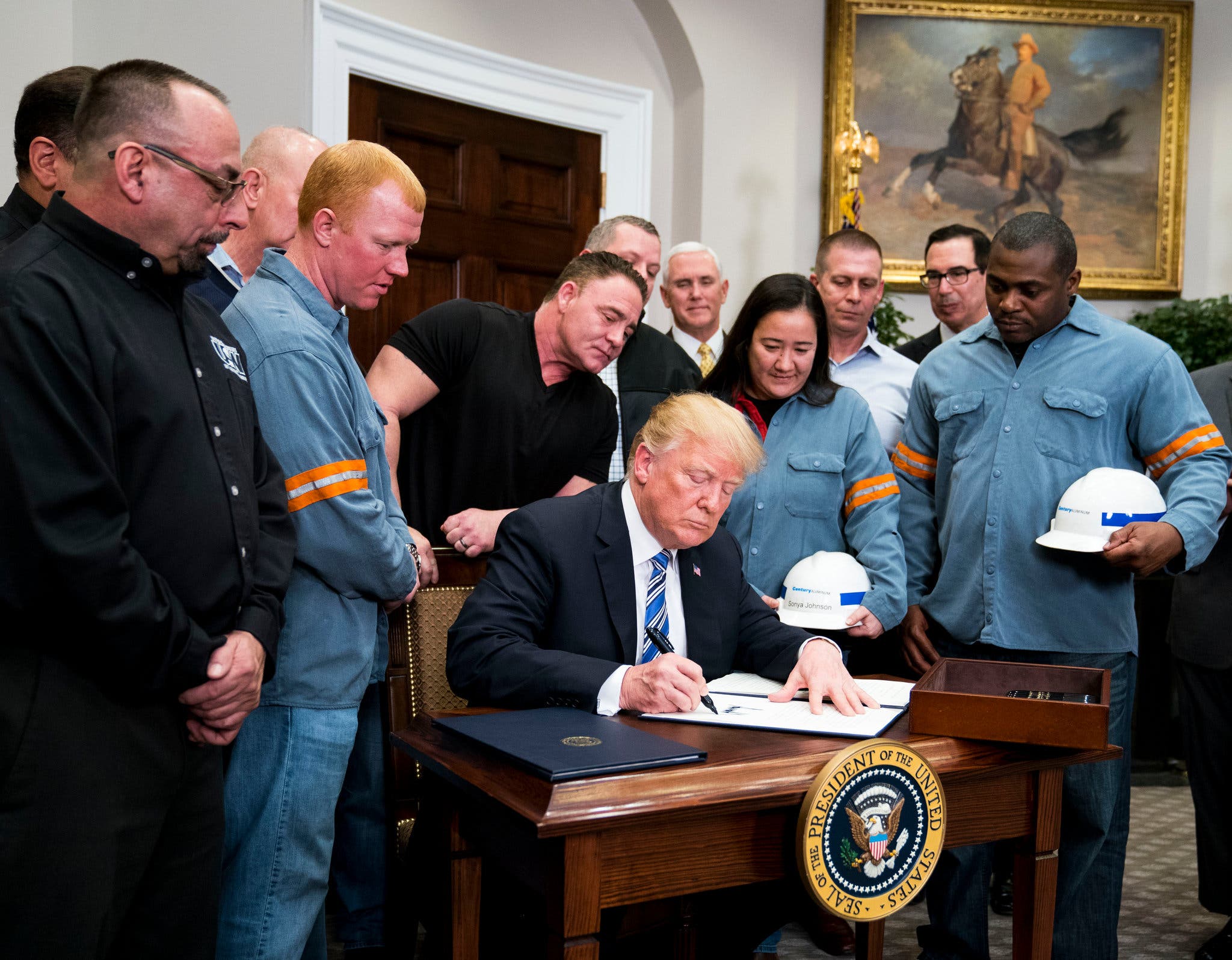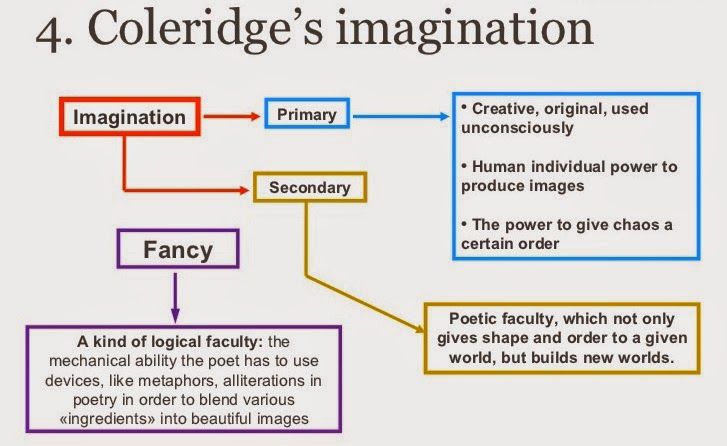Trump Administration Weighs Tariffs On Aircraft And Engine Imports

Table of Contents
Reasons Behind the Potential Tariffs
The Trump administration's push for tariffs on aircraft and engine imports stems from a multifaceted issue, primarily fueled by a long-standing dispute with Airbus and the European Union (EU).
WTO Dispute with Airbus
At the heart of the matter lies an ongoing World Trade Organization (WTO) dispute alleging that Airbus has received illegal government subsidies, providing it with an unfair competitive advantage over its American counterpart, Boeing. The US claims these subsidies have distorted the global aircraft market, allowing Airbus to capture a larger market share.
- Key US Arguments: The US claims the EU provided Airbus with billions of dollars in illegal launch aid, operating subsidies, and other forms of government support. These subsidies, the US argues, have allowed Airbus to undercut Boeing on price, harming American jobs and the competitiveness of the US aviation industry.
- WTO Ruling and Retaliation: The WTO has ruled in favor of the US in some aspects of this long-running dispute, authorizing the US to impose retaliatory tariffs on EU goods. The consideration of tariffs on aircraft and engines is a direct result of this authorization, intended to offset the perceived harm caused by the alleged EU subsidies.
Protection of the US Aviation Industry
A key driver behind the potential tariffs is the Trump administration's stated goal of protecting the American aviation industry, particularly Boeing, from what it sees as unfair competition.
- Economic Importance of Boeing: Boeing is a significant player in the global economy, a major employer in the US, and a symbol of American technological prowess. The potential for job losses and economic disruption due to unfair competition is a central concern for the administration.
- Level Playing Field: The argument for tariffs centers on the need to create a level playing field in the global aviation market. The administration contends that without tariffs, the alleged unfair subsidies given to Airbus will continue to harm Boeing and its employees.
Potential Impacts of the Tariffs
The imposition of tariffs on aircraft and engine imports would have far-reaching consequences across the global aviation industry and beyond.
Impact on Consumers
The most direct impact would likely be felt by consumers in the form of increased airfares.
- Increased Costs: Tariffs would increase the cost of both aircraft and engines for airlines, leading to higher operating costs. These increased costs would inevitably be passed on to consumers through higher ticket prices.
- Impact on Air Travel Demand: Higher airfares could dampen demand for air travel, potentially impacting airlines' revenue and profitability further. This effect could be especially pronounced for budget airlines and leisure travelers.
Impact on Airlines
Airlines, both in the US and globally, would face significant challenges as a result of the proposed tariffs.
- Reduced Profitability: Higher costs for new aircraft and engine maintenance would directly impact airline profitability, potentially squeezing margins and reducing investment capacity.
- Cost-Cutting Measures and Service Reductions: To offset increased expenses, airlines may resort to cost-cutting measures, which could include reducing routes, cutting staff, or reducing services. This could negatively impact consumers through reduced flight options and potentially lower service quality.
Geopolitical Implications
The potential imposition of these tariffs carries significant geopolitical implications, potentially escalating trade tensions between the US and the EU.
- Retaliatory Tariffs: The EU is likely to respond with retaliatory tariffs on US goods, escalating the trade war and impacting other sectors beyond aviation.
- Global Trade Relations: This trade dispute could further destabilize global trade relations, creating uncertainty and potentially hindering economic growth worldwide. It could set a precedent for other countries to engage in similar protectionist measures.
Alternative Solutions and Negotiations
While tariffs present a blunt instrument, other avenues for resolving the trade dispute exist.
Negotiated Settlements
A negotiated settlement between the US and the EU remains a viable option to de-escalate tensions and avoid the detrimental effects of tariffs.
- Potential Compromises: Both sides could make compromises, such as the EU agreeing to certain reforms in its subsidy policies, and the US scaling back its demand for retaliatory tariffs.
- Mediation by International Organizations: The WTO or other international organizations could play a crucial role in mediating negotiations and facilitating a mutually acceptable agreement.
Other Policy Options
The US administration could explore other policy options to support its aviation industry without resorting to tariffs.
- Government Subsidies or Support: Direct or indirect government subsidies to the American aviation industry could help to offset any competitive disadvantage without resorting to trade protectionism.
- Pros and Cons of Alternative Policies: While subsidies might offer a short-term boost, they can also create long-term dependencies and distortions in the market. A thorough cost-benefit analysis is crucial before implementing any alternative policy.
Conclusion
The Trump administration's consideration of tariffs on aircraft and engine imports presents a critical juncture for the global aviation industry. The potential reasons for the tariffs, ranging from the WTO dispute with Airbus to the protection of the American aviation industry, are significant. However, the potential impacts—increased airfares for consumers, reduced profitability for airlines, and escalated global trade tensions—are equally significant. Alternatives to tariffs, including negotiated settlements and other policy options, should be thoroughly explored to find a sustainable solution. Staying informed about developments concerning these aircraft and engine import tariffs is crucial. Further research into the ongoing negotiations and their potential outcomes is highly recommended to fully understand the implications of this complex trade issue.

Featured Posts
-
 Singer Wynne Evans Reveals Details Of Recent Serious Illness
May 10, 2025
Singer Wynne Evans Reveals Details Of Recent Serious Illness
May 10, 2025 -
 Trumps Tariffs 174 Billion Loss For Top 10 Billionaires
May 10, 2025
Trumps Tariffs 174 Billion Loss For Top 10 Billionaires
May 10, 2025 -
 Madhyamik Exam 2025 How To Check Merit List And Results
May 10, 2025
Madhyamik Exam 2025 How To Check Merit List And Results
May 10, 2025 -
 These 4 Randall Flagg Theories Will Change Your Perspective On Stephen Kings Works
May 10, 2025
These 4 Randall Flagg Theories Will Change Your Perspective On Stephen Kings Works
May 10, 2025 -
 West Ham United And The 25m Financial Challenge Options And Implications
May 10, 2025
West Ham United And The 25m Financial Challenge Options And Implications
May 10, 2025
